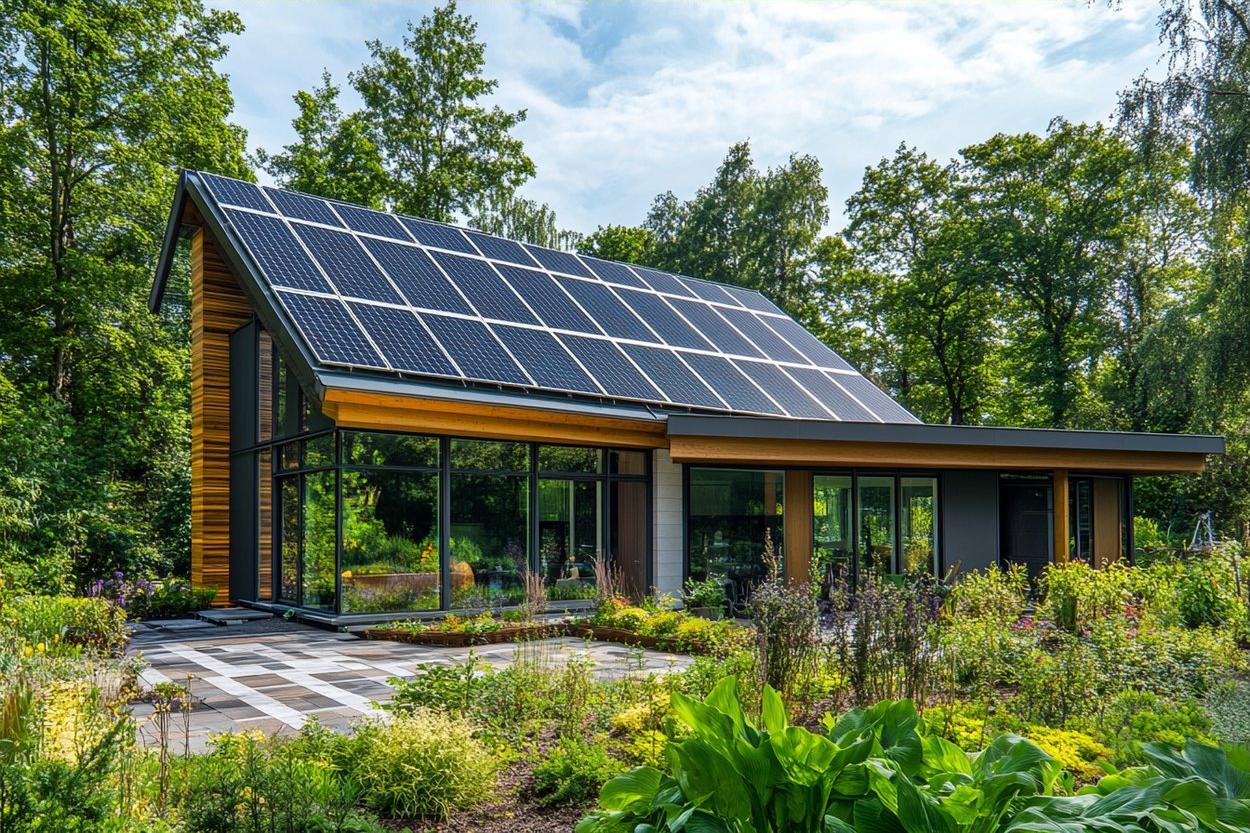Eco-Friendly Pest Control: Protecting Your Home and the Environment
Pest control is an essential aspect of maintaining a healthy and comfortable living environment. However, traditional pest control methods often rely on harsh chemicals that can harm not only pests but also beneficial insects, pets, and even humans. As environmental awareness grows, more homeowners are seeking eco-friendly pest control solutions that effectively manage infestations while minimizing their impact on the environment. This article explores the benefits of eco-friendly pest control, the importance of licensed contractors, and how these methods protect both your home and the environment.

Why choose eco-friendly pest control methods?
Opting for eco-friendly pest control offers numerous benefits for both homeowners and the environment. These methods are generally safer for humans, pets, and non-target organisms. By reducing the use of harsh chemicals, eco-friendly pest control helps preserve beneficial insects like bees and butterflies, which play crucial roles in pollination and maintaining ecological balance. Additionally, these methods often provide longer-lasting results by addressing the underlying factors that attract pests, rather than simply eliminating visible infestations.
How do licensed contractors ensure effective eco-friendly pest control?
When it comes to eco-friendly pest control, working with licensed contractors is crucial for ensuring both effectiveness and compliance with environmental regulations. Licensed pest control professionals undergo extensive training and education to stay up-to-date with the latest eco-friendly techniques and products. They are equipped with the knowledge to identify pest species accurately, assess the extent of infestations, and develop targeted treatment plans that minimize environmental impact while effectively managing pest problems.
What eco-friendly pest control methods are commonly used?
Eco-friendly pest control encompasses a wide range of techniques and products designed to manage pests without causing undue harm to the environment. Some common methods include:
-
Integrated Pest Management (IPM): This holistic approach combines multiple strategies to prevent and control pests, focusing on long-term prevention through habitat modification, biological controls, and targeted use of low-toxicity products.
-
Biological controls: This method involves introducing natural predators or parasites to control pest populations. For example, ladybugs can be used to control aphids in gardens.
-
Physical barriers: Installing screens, sealing entry points, and using traps can prevent pests from entering or establishing themselves in homes.
-
Natural repellents: Essential oils, diatomaceous earth, and other natural substances can be used to repel or deter pests without the use of synthetic chemicals.
-
Habitat modification: Addressing factors that attract pests, such as moisture issues, food sources, or harborage areas, can significantly reduce pest problems.
How does eco-friendly pest control benefit the environment?
Eco-friendly pest control practices offer significant benefits to the environment. By reducing the use of synthetic pesticides, these methods help preserve biodiversity and protect non-target species, including beneficial insects, birds, and small mammals. This approach also minimizes soil and water contamination, as many eco-friendly products are biodegradable and do not persist in the environment. Additionally, by promoting a balanced ecosystem, eco-friendly pest control can contribute to the overall health of local environments and support sustainable gardening and agriculture practices.
What should you consider when hiring an eco-friendly pest control contractor?
When selecting an eco-friendly pest control contractor, several factors should be taken into consideration to ensure you receive effective and environmentally responsible service:
-
Licensing and certification: Verify that the contractor holds the necessary licenses and certifications required in your area for pest control operations.
-
Experience with eco-friendly methods: Look for contractors who specialize in or have extensive experience with green pest management techniques.
-
Integrated Pest Management approach: Choose a contractor who utilizes IPM principles, focusing on prevention and targeted treatments.
-
Product selection: Inquire about the types of products used and their environmental impact. Reputable eco-friendly contractors should be transparent about their methods and materials.
-
Customized treatment plans: Opt for contractors who offer tailored solutions based on your specific pest issues and environmental concerns.
-
Ongoing education: Select contractors who demonstrate a commitment to staying informed about the latest eco-friendly pest control techniques and regulations.
By considering these factors, you can find a pest control contractor who aligns with your environmental values while effectively addressing your pest management needs.
In conclusion, eco-friendly pest control offers a sustainable and responsible approach to managing pest issues while protecting the environment. By working with licensed contractors who specialize in green pest management, homeowners can effectively control pests without compromising the health of their families, pets, or the ecosystem. As awareness of environmental issues continues to grow, eco-friendly pest control methods are likely to become increasingly popular, contributing to a healthier and more sustainable future for both homes and the environment.






